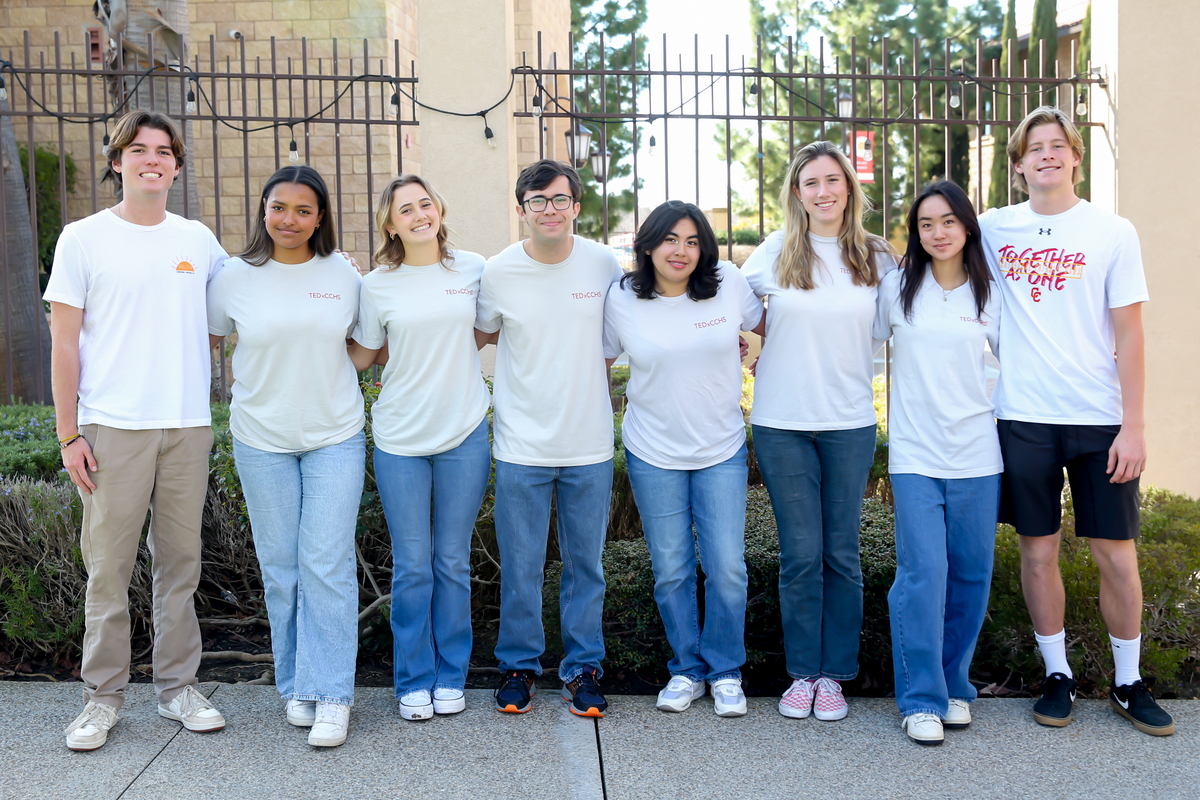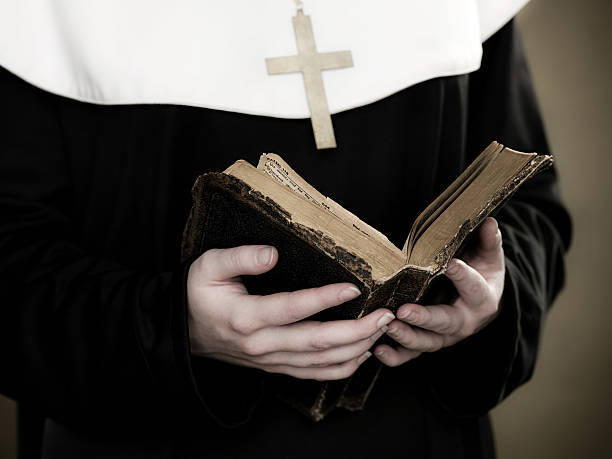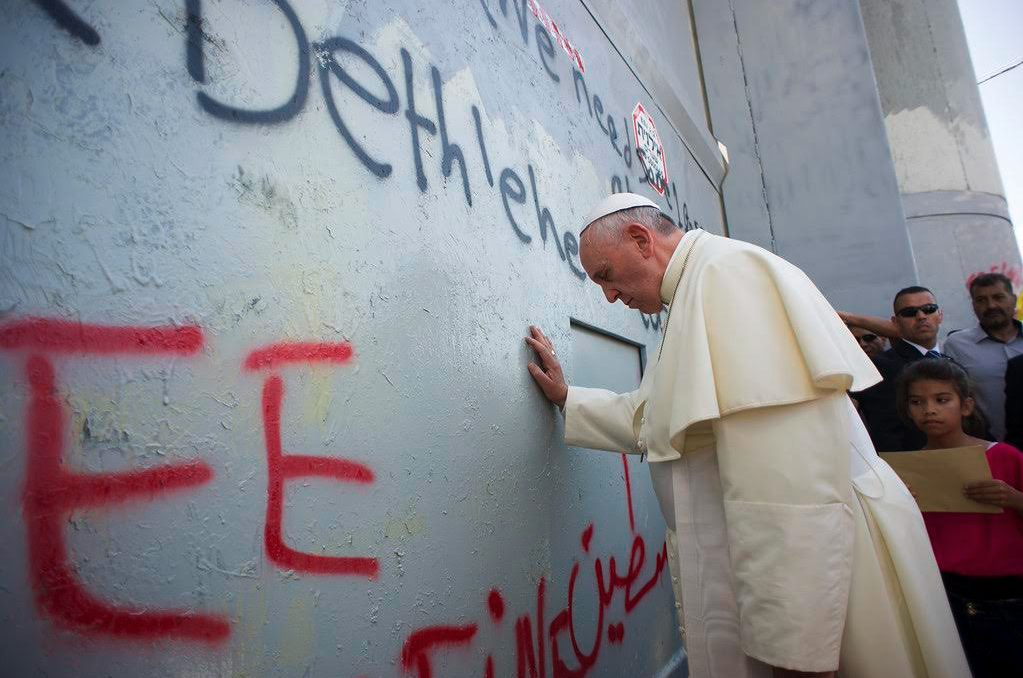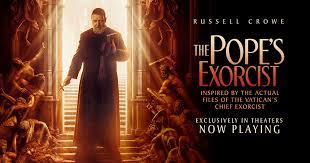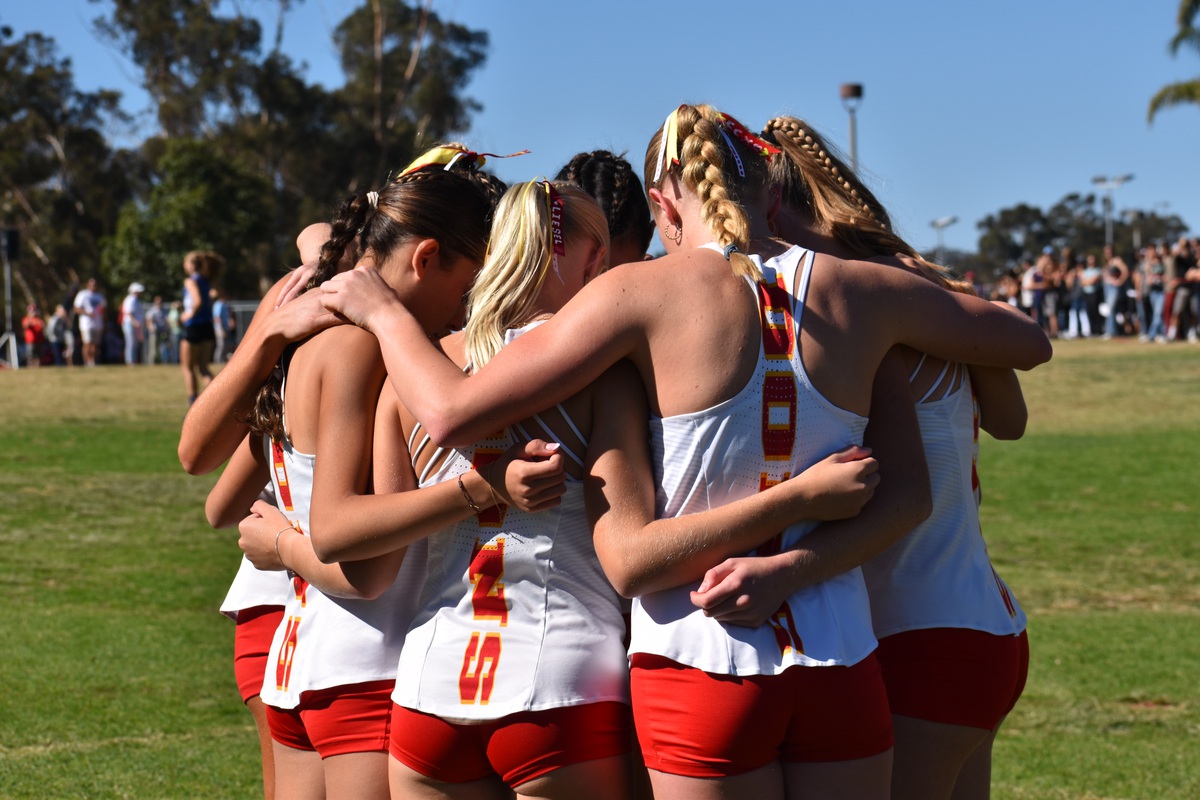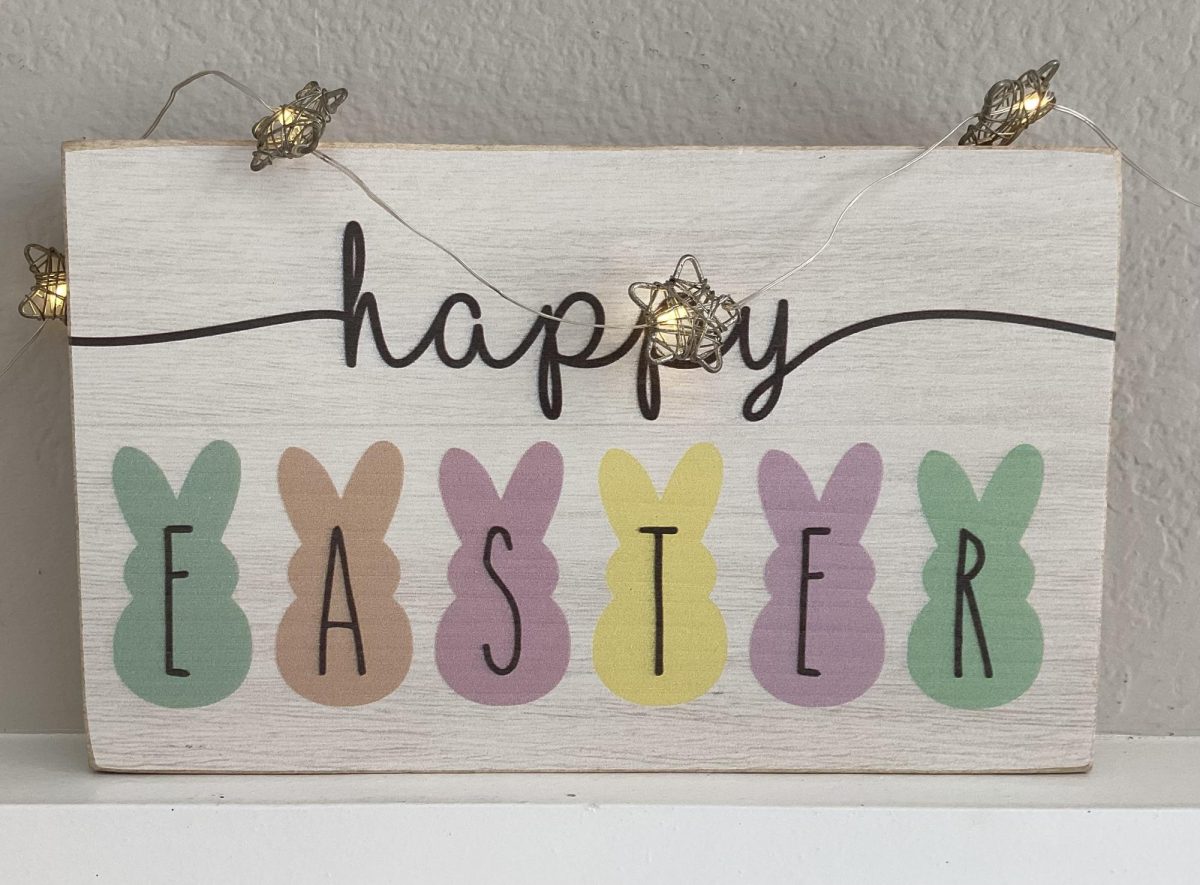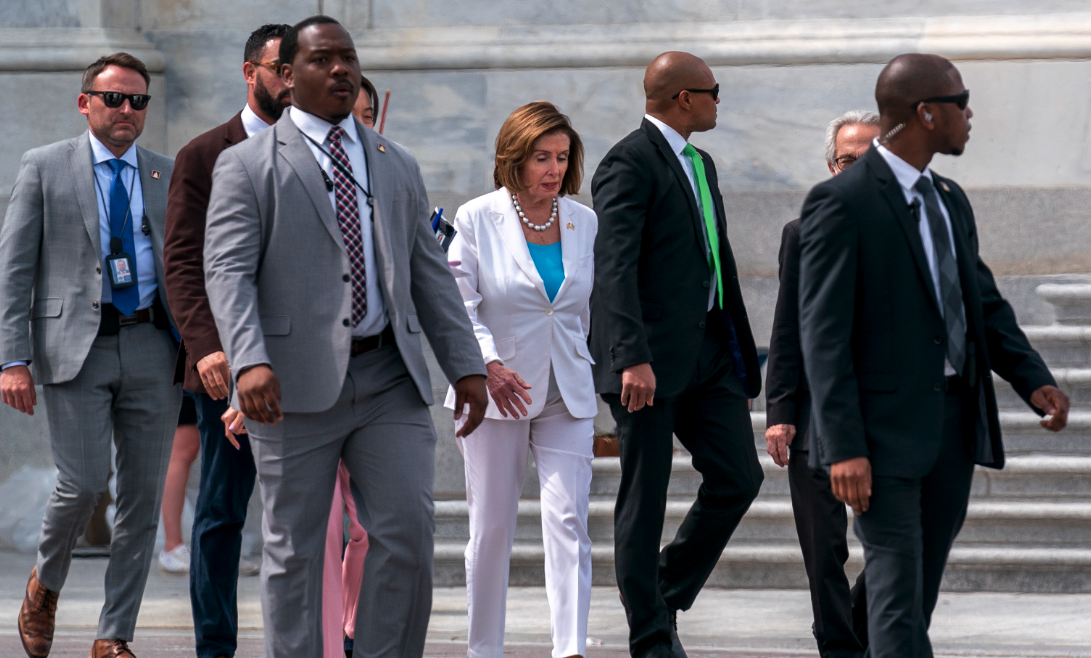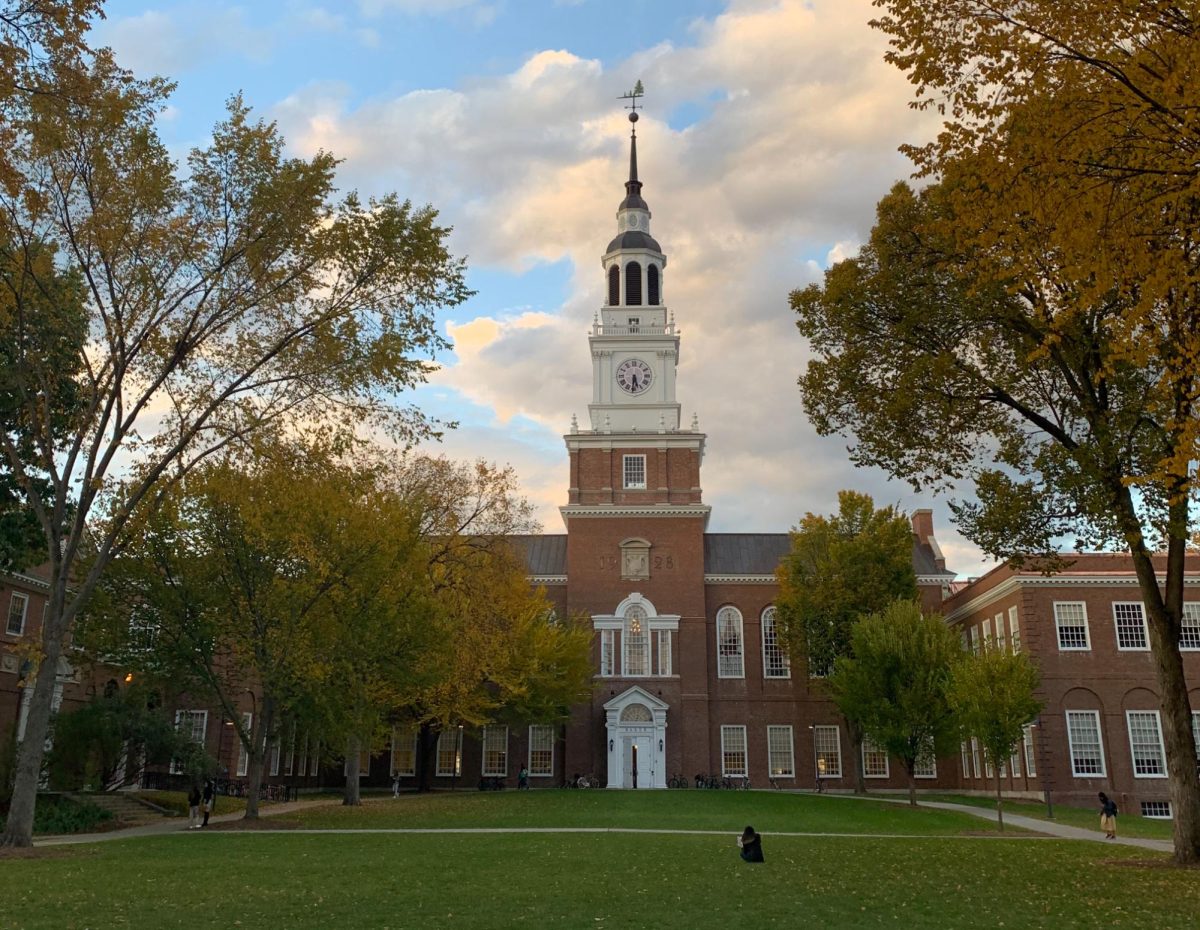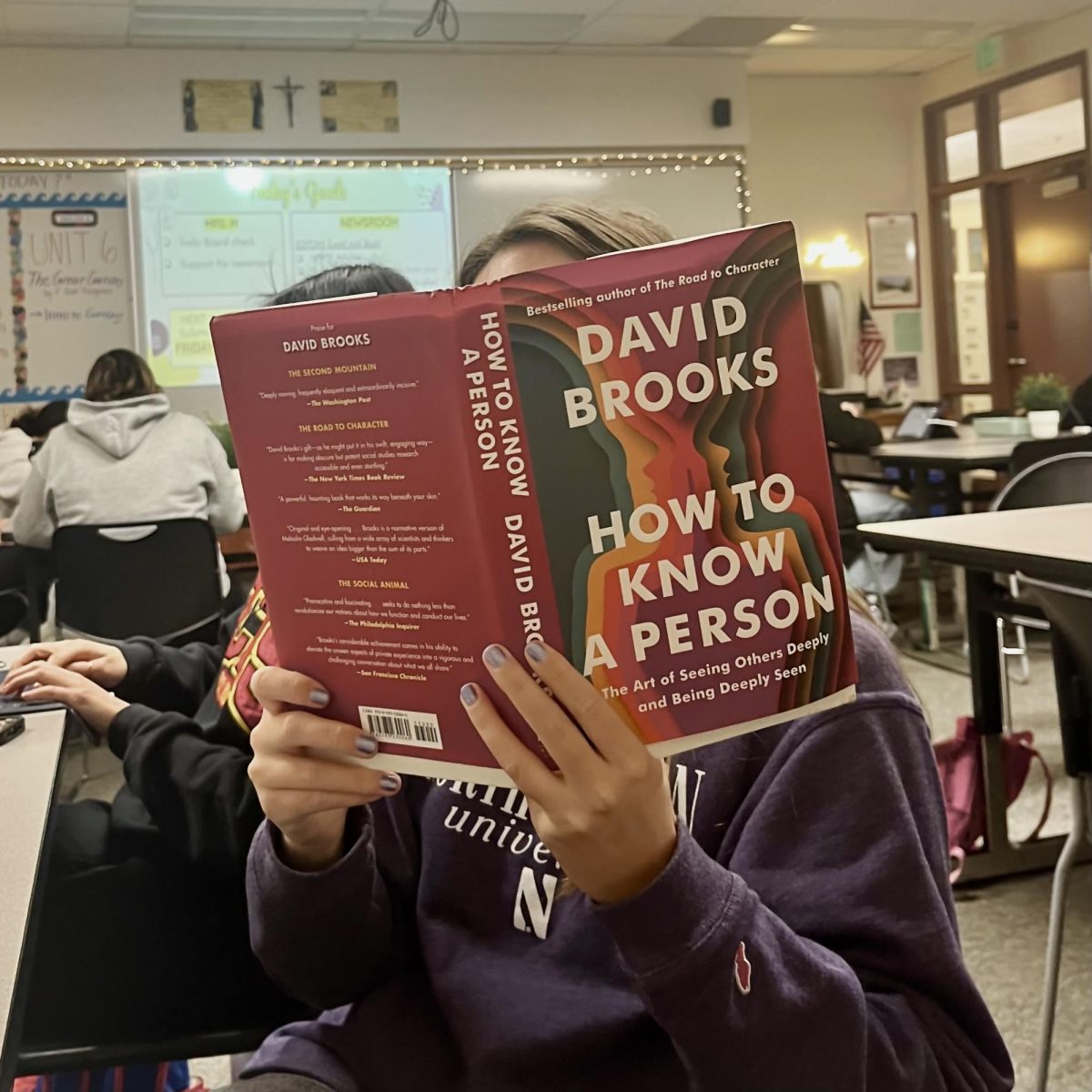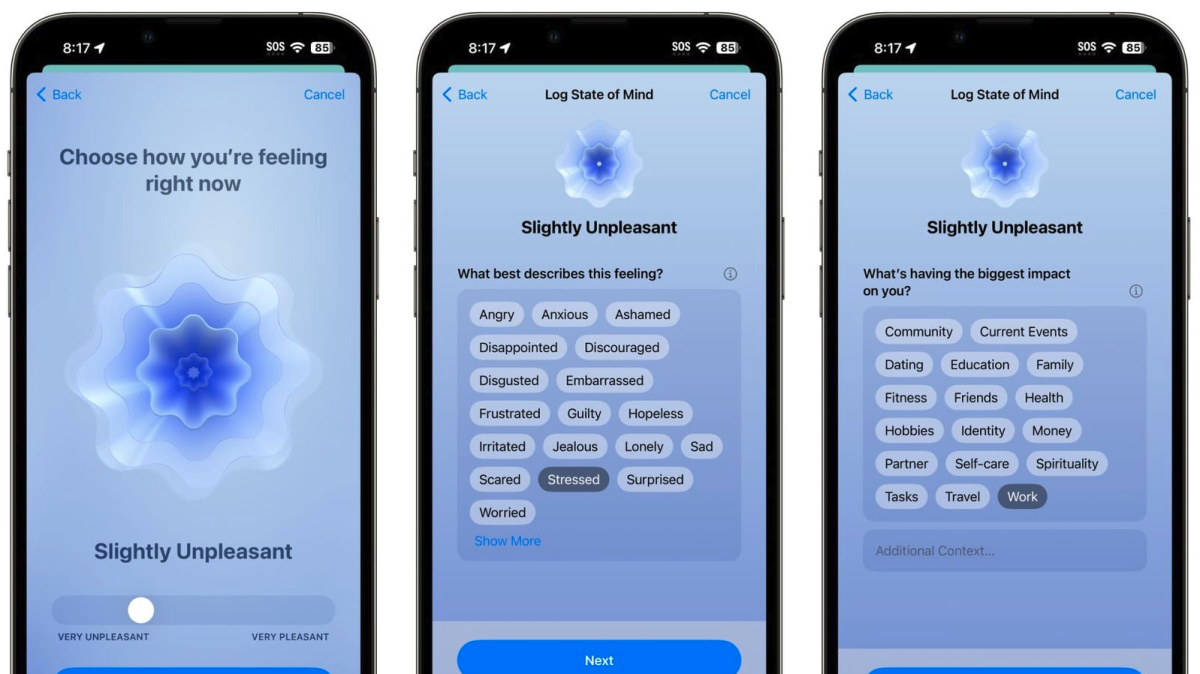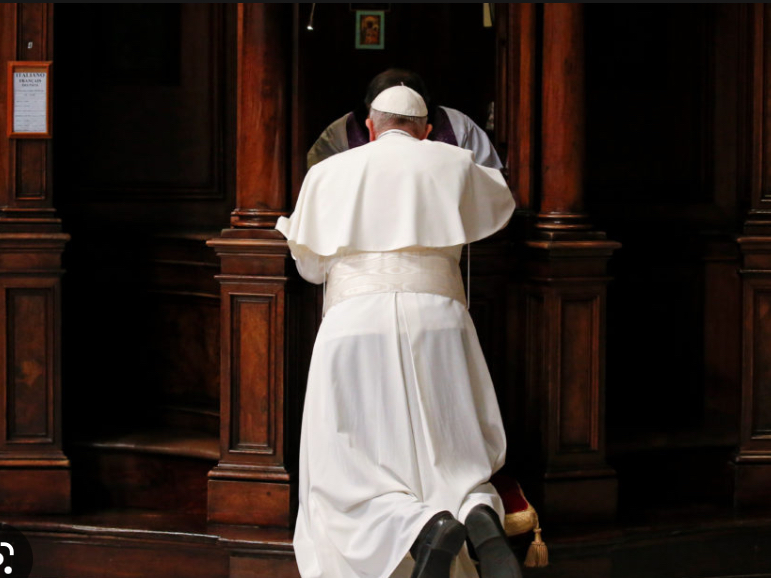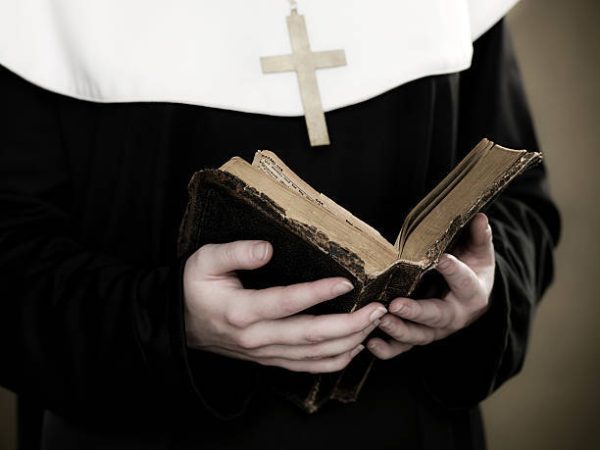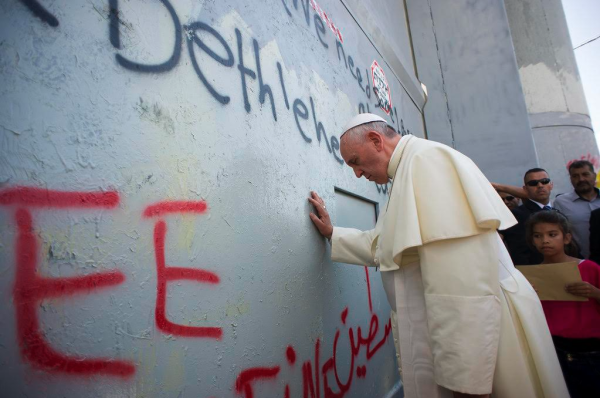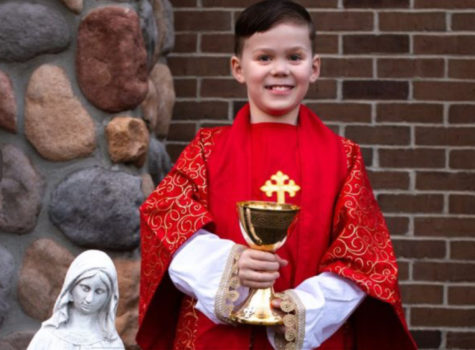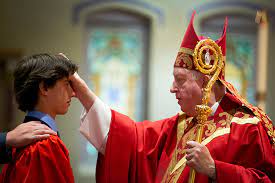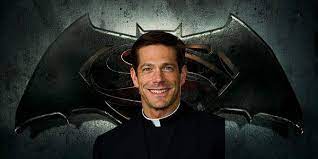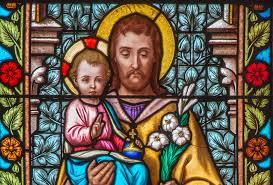Forgiveness?
Forgiveness is far from an easy task. One is forced to look at someone who has hurt them, and basically say, “it’s okay.” This past week and a little of next week, Cathedral Catholic students have asked for forgiveness by participating in a sacrament called Confession here in our St. Therese Chapel.
Confession is defined as a formal acknowledgement of one’s sins. The sacrament is performed between a priest and a sinner, where the priest takes God’s place in granting us forgiveness for our wrongdoings.
How exactly is forgiveness experienced through Confession? Well, during Confession God forgives our sins, and doesn’t care about the sins as much as he is overjoyed that we are willing to ask for forgiveness for them.
During Pope Francis’ Sunday letter, he confidently exclaimed, “Brothers and Sisters, have courage, with God, no sin has the last word.” In this passage, Francis is saying how God firmly believes in second chances. Even the attempt of trying to compensate for wrongdoings is noticed by God.
Confession works because it is Jesus who was granted power by God to forgive all sins. Sins, no matter the extent, are an offense against God.
Confession can seem like a scary task as you are truthfully admitting your wrongdoings face to face with a priest. However, every U.S state has laws passed under the right of the first amendment that guarantee that a conversation between an individual and a priest will stay confidential. Furthermore, under Roman Catholic Law, a priest is completely forbidden to disclose ANY information told to them during Confession.
A part of being a priest is agreeing to the “Sacred Seal of Confession” which evidently says how if any information disclosed from a priest that was told to them during Confession gets out, they will be subject to excommunication from the Church. In other words, the priest would be forced to end the performance of liturgical duties and consumption of communion.
The priests have heard it all, no matter how embarrassing the sin committed was, you will be forgiven. Participation in the Sacrament of Confession would look something like this:
1st the Priest greets you with the sign of the cross, You then say “Bless me Father for I have sinned, it has been [x amount] of days/months/years since my last Confession. Next, list your Sins, some priests will respond in a conversation about the sins, while others will just sit and listen to them. After describing your sins, one should conclude by saying “I’m sorry for these and for all my sins.”
The Priest will then provide you with a Penance, that you do to to complete your freeness and forgiveness from the sins committed. This Penance can range from saying prayers, apologies, volunteering, attending mass, or more, every Penance is different depending on the person and the situation at hand.
You will then pray to the Act of Contrition by saying, “My God, I am sorry for my sins with all my heart. In choosing to do wrong and failing to do good, I have sinned against You whom I should love above all things. I firmly intend, with Your help, to do penance, to sin no more, and to avoid whatever leads me to sin. Our Savior Jesus Christ suffered and died for us. In his name, my God, have mercy.” The priest will end with prayer absolving you from your sins.
Confession is a time of honesty where one willingly reflects on their wrongdoings, it is definitely not meant to be a burden. As we reflect on these sins God grants us the willpower to rid them from our overall conscience
Confession is a peaceful time, but it is important to note how no one can force you to do it. It is a time between an individual, God, and a priest. In my Catholic Faith class, I personally made the decision to participate in Confession and I really enjoyed the experience. After an Interview conducted with Cathedral Catholic Sophomore, Chiara Bonomi, she claimed how, “For me, I personally did not go to Confession, but I found that the time spent in the Church was a time of peace, allowing me to sit with my thoughts and experience a glimpse of a stress-free world.”
Even when classes are not directly going to Confession, anyone can choose to attend Confession at any time here on Campus. This can be done by emailing Father Martin or Father Matthew and setting up a time to meet with them.
While CCHS students complete the process of attending Confession, whether they sit in reflection, participate in Confession, or just have a good conversation with a priest it is an opportunity to grow in one’s faith or just improve one’s overall well-being.
.

Hello, I am Elle Brennan and I am passionate about highlighting our CCHS Campus. I have experience in Journalism from being a staffer last year, and this...




